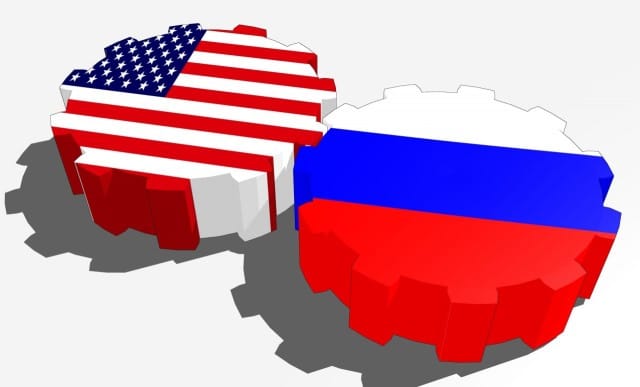U.S sanctions on Russia taking a big chunk of revenue from global tech companies which are operating in Russia including the likes of Microsoft Corporation (NASDAQ:MSFT) and Oracle Corporation (NYSE:ORCL). Russian business industry is relying more on local software vendors for its maintaining and securing their businesses. This increasingly transformation of companies from overseas liability is thwarting the Russia’s $3 billion market for overseas companies.
More companies are turning to local tech companies for their business operations. Approximately three quarters of projected 157 billion rubles ($2.9 billion) were invested on imports by Russian software companies. Now seeing the behavior of Russian companies, that exposure for overseas companies would fall considerably, based on IDC projections. Current Russian government has made new plans to decrease Russia’s dependence on overseas companies by less than 50 percent following 2025.
While it’s difficult to fully wean off imports, “companies are switching to local software in those business processes where they can,” said Elena Semenovskaya, a Moscow-based analyst at IDC.
This restriction poses a challenge for SAP SE, Microsoft and Oracle, which collectively gained revenue of 59 billion rubles in Russia last year, according to State Duma estimates. Even without Putin’s government new plan for local preference, national software market possibly will lessened by 10 percent this year as the economy is continuously slowing down, on the other hand weak value of ruble also hinders in way of enterprise local business companies to import programs, IDC said.
The U.S regulatory authorities first targeted as much as 24 individuals and St. Petersburg-based OAO Bank Rossiya, forcing Visa Inc. and MasterCard Inc. to stop their operations in Russia. That’s when Grigory Gashnikov, an IT director at Sberbank’s life insurance unit, made a decision to go local.
Although Sberbank wasn’t named in the initial embargo, Gashnikov picked Moscow-based CJSC Rosa and software installed by Diasoft Platform in September. The logic was to “minimize potential sanctions risks,” he said in an interview.
The sanctions forced banking industry to rely more on local systems, said Konstantin Varov, managing director of Diasoft Platform, a unit of Moscow-based developer Diasoft.
“We are now working with three of Russia’s top 10 banks to switch their IT landscapes from global to domestic software,” Varov said. Diasoft said clients include VTB Bank, OAO Gazprombank and Russian Agricultural Bank.
Yet there are possibly ways for foreign suppliers to operate in the country. SAP is exploring local partnerships due to the awaiting legislative changes, the German company’s press office said in e-mailed response to questions.










